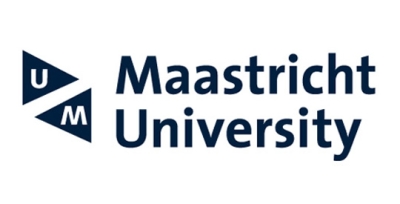Eating quark to build and maintain muscle
In this project, researchers from Maastricht University and FrieslandCampina team up to study the effects of quark ingestion on the buildup of new muscle tissue in the human body.
With aging, there is a gradual but progressive loss of muscle mass, adding up to 25-50% at the age of 80 years. Age-related loss of muscle mass forms a major health concern as it is associated with physical disabilities, and loss of independence. Whereas in young adults, the ingestion of protein-rich food directly stimulates the buildup of new muscle proteins (so-called ‘muscle protein synthesis’), this response appears to be attenuated in the older population, contributing to muscle loss. Using both nutrition and physical activity as interventions, current research therefore focuses on how to maximise muscle protein synthesis rates. One of the main questions to be answered is which sources of dietary protein are most effective in this respect. Although dairy is generally recognized as a high-quality protein source, very few data are available on the muscle protein synthetic response to the ingestion of actual dairy products. Specifically, fermented dairy products such as quark are easy to consume as part of a normal diet, and (based on their composition) should have a strong stimulating effect on muscle protein synthesis. Therefore, this project aims to assess the impact of quark ingestion on muscle protein synthesis rates in young and older individuals.
Healthy young and older men will ingest a quark meal, after which muscle protein synthesis rates are measured. Furthermore, it will be tested whether the buildup of new muscle tissue after quark ingestion is further stimulated when combined with an exercise session. This project will generate fundamental knowledge on the anabolic properties of generic, readily available fermented dairy products to support muscle reconditioning both in the area of ‘healthy aging’ and ‘sports nutrition‘.


